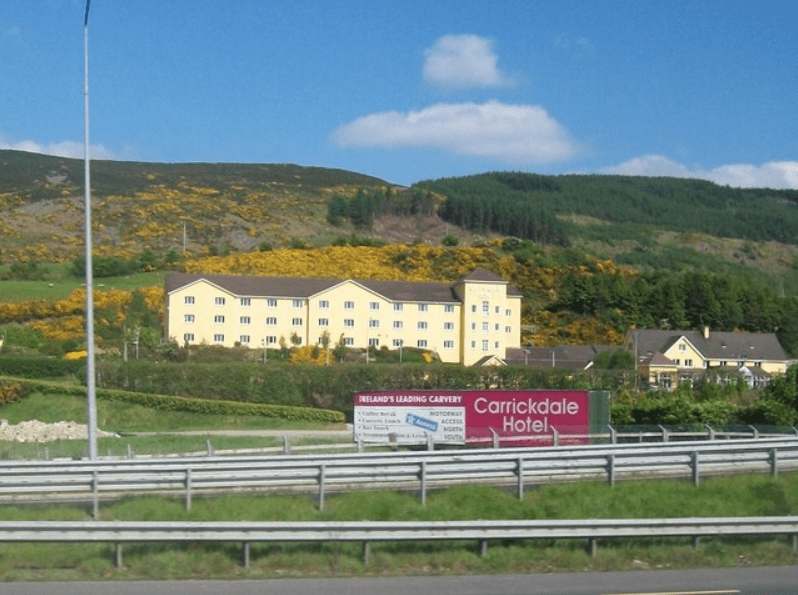Irish farmers ‘need prompt clarity’ on what kind of support measures the Government and EU will implement after Brexit, according to Charlie McConalogue, Fianna Fáil’s spokesperson on agriculture, food and the marine.
McConalogue was speaking at a Fianna Fáil meeting entitled ‘Brexit and the Agri-sector’, which took place at the Carrickdale Hotel in north Co. Louth tonight (Tuesday, March 26) – mere yards from the Northern Ireland border.
During his speech, McConalogue argued that the Government was not doing enough to offer “certainty and clarity” to farmers and the agri-food sector.
There is so much chaos and lack of clarity. Not only is it unclear what the outcome of Brexit will be, but it is also unclear what supports will be in place.
McConalogue claimed that a number of measures to ease the fallout of Brexit were being unacceptably delayed, including a loan scheme for farmers and the hiring of vets at Irish ports.
He also touched on the issue of ‘no-deal’ tariffs if a hard Brexit unfolds, which were announced earlier this month by the UK government.
“We can’t be sure if the tariffs are just scaremongering our if that is what they will put in place. To think that, after two years, they are putting this on the table shows the level of thinking in the UK,” argued McConalogue.
It is particularly important to remember that if [trade] is blocked off, the problems it would create would impact on Europe as well. What is in Ireland’s interest here is also in the EU’s.
He also insisted that, if a positive solution to Brexit requires time, then “Europe shouldn’t be found wanting on that, in order to make sure there isn’t an accidental crash-out”.
CAP
McConalogue reiterated the points of the other speakers by criticising plans to cut the budget of the Common Agriculture Policy (CAP).
“The proposed cut to the CAP would have a very significant impact on farm incomes – any cut to CAP is a direct cut to farmers’ incomes,” he said.
McConalogue also outlined the importance of allowing environmental schemes to roll over after 2020, in case CAP reform is delayed by a year or longer.
